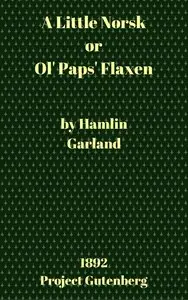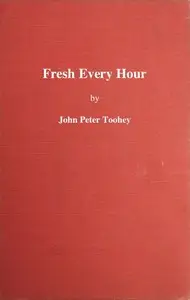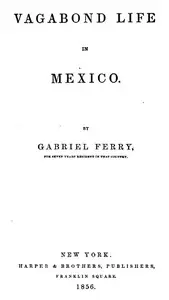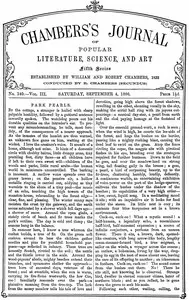"The Works of William Shakespeare [Cambridge Edition] [Vol. 4 of 9]" by Shakespeare is a collection of dramatic works that includes plays written in the early 17th century. This volume is notable for featuring several of his historical and political plays such as "King John," "King Richard II," and "Henry IV." The content likely delves into themes of power, legitimacy, and conflict, showcasing the complex nature of human relationships against the backdrop of monarchy and warfare. The beginning of this volume introduces "King John," starting with a scene where King John receives an envoy from France, signaling tensions over territorial claims linked to his nephew, Arthur. The dialogue reveals a struggle between King John and the French king’s representatives, who assert Arthur’s rightful claim to the English crown. The characters express their positions regarding legitimacy and power, setting in motion the conflicts of loyalty and warfare that will unfold throughout the play. The discussions present an early taste of the political intrigue and personal dynamics that characterize the narrative. (This is an automatically generated summary.)
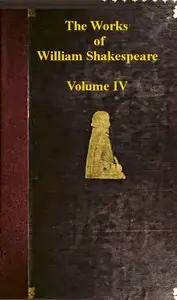
The Works of William Shakespeare [Cambridge Edition] [Vol. 4 of 9]
By William Shakespeare
"The Works of William Shakespeare [Cambridge Edition] [Vol. 4 of 9]" by Shakespeare is a collection of dramatic works that includes plays written in t...
William Shakespeare was an English playwright, poet and actor. He is widely regarded as the greatest writer in the English language and the world's pre-eminent dramatist. He is often called England's national poet and the "Bard of Avon". His extant works, including collaborations, consist of some 39 plays, 154 sonnets, three long narrative poems and a few other verses, some of uncertain authorship. His plays have been translated into every major living language and are performed more often than those of any other playwright. Shakespeare remains arguably the most influential writer in the English language, and his works continue to be studied and reinterpreted.









